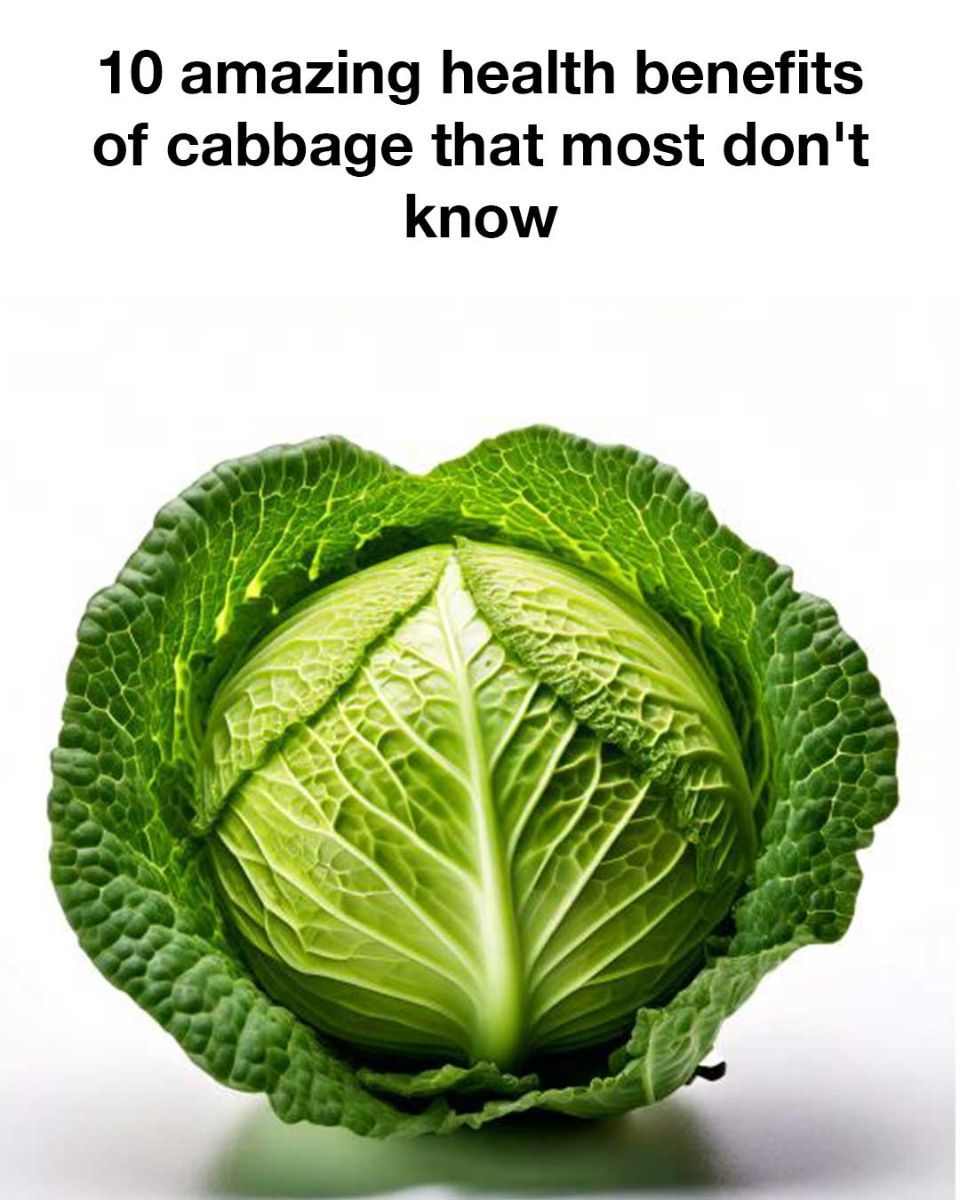ADVERTISEMENT
Due to its low calorie content and high fiber content, cabbage is an ideal food for weight management. The fiber in cabbage helps you feel full for longer, reducing the likelihood of overeating. Incorporating cabbage into meals can help create a calorie deficit, which is essential for weight loss. Its versatility allows it to be used in salads, soups, and stir-fries, making it easy to include in a balanced diet.
Enhancing Heart Health through Cabbage Consumption
Cabbage contains several heart-healthy compounds, including polyphenols and anthocyanins, which are particularly abundant in red cabbage. These compounds have been shown to reduce inflammation and lower blood pressure, both of which are risk factors for heart disease. The fiber in cabbage also helps lower cholesterol levels, further supporting cardiovascular health.
Cabbage’s Anti-Inflammatory Properties
Cabbage is rich in antioxidants and anti-inflammatory compounds, such as sulforaphane and kaempferol, which help reduce inflammation in the body. Chronic inflammation is linked to many diseases, including heart disease, arthritis, and certain cancers. By incorporating cabbage into your diet, you can help mitigate inflammation and promote overall health.
Supporting Immune Function with Cabbage
The high vitamin C content in cabbage plays a crucial role in supporting the immune system. Vitamin C stimulates the production of white blood cells, which are essential for fighting infections. Additionally, the antioxidants in cabbage help protect immune cells from damage, ensuring that the immune system functions optimally.
Cabbage and Its Potential Cancer-Fighting Benefits
Cabbage contains glucosinolates, sulfur-containing compounds that have been studied for their potential cancer-fighting properties. When consumed, glucosinolates are broken down into biologically active compounds that may help prevent the growth of cancer cells. Studies have shown that a diet rich in cruciferous vegetables like cabbage is associated with a reduced risk of certain cancers, including colorectal and lung cancer.
Improving Skin Health with Cabbage
Cabbage is beneficial for skin health due to its high vitamin C content, which is essential for collagen production. Collagen is a protein that gives skin its elasticity and strength. The antioxidants in cabbage also help protect the skin from damage caused by free radicals, reducing the signs of aging such as wrinkles and fine lines. Additionally, the sulfur content in cabbage may help treat acne and other skin conditions.
Cabbage’s Contribution to Bone Health
Cabbage is a good source of vitamin K, which is vital for bone health. Vitamin K plays a key role in bone metabolism and helps maintain bone density. Adequate intake of vitamin K has been linked to a reduced risk of fractures. The calcium and magnesium in cabbage also contribute to maintaining strong and healthy bones.
Conclusion: Embracing Cabbage for a Healthier Lifestyle
Incorporating cabbage into your diet can provide numerous health benefits, from improving digestion and supporting heart health to enhancing skin and bone health. Its rich nutritional profile and versatility make it an excellent addition to a balanced diet. Whether enjoyed raw, cooked, or fermented, cabbage is a humble vegetable that deserves a place on your plate. By embracing cabbage, you can take a step towards a healthier lifestyle and enjoy the many benefits it has to offer.
